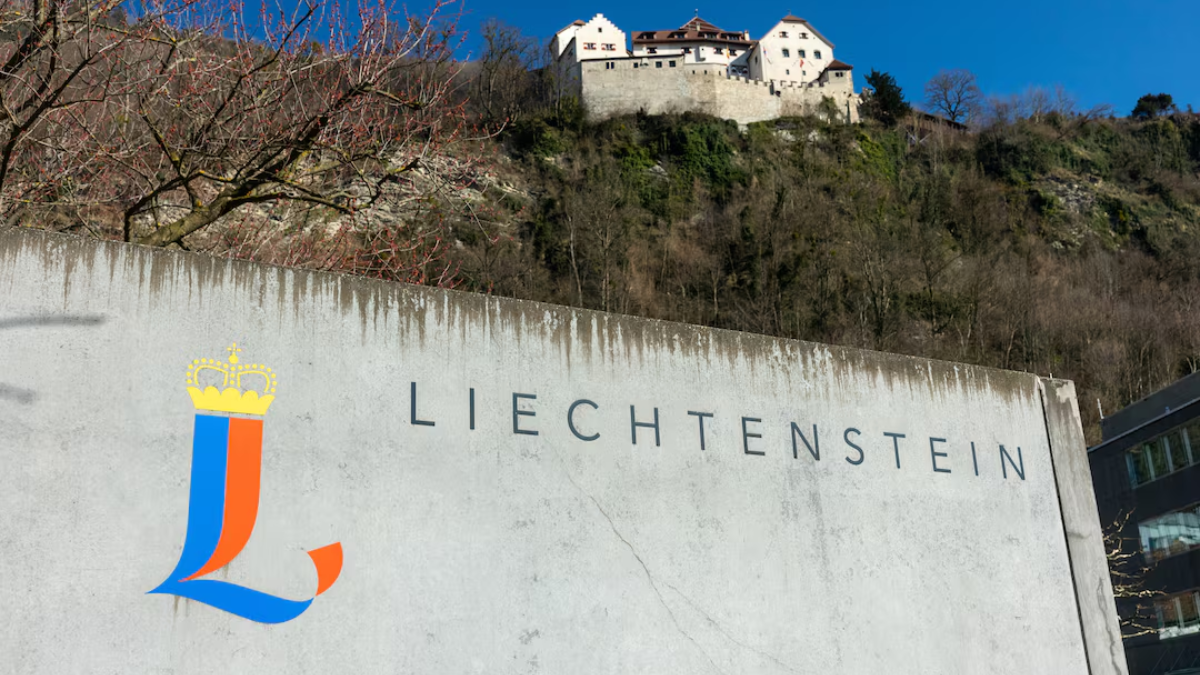Europe's Financial Black Hole: 800 Liechtenstein Trusts Left Behind in Sanctions Crisis

The Crisis of Unmanaged Trusts in Liechtenstein
Liechtenstein, a small European country known for its quiet and powerful financial sector, is facing a serious problem. Hundreds of companies and trusts — many linked to Russian wealth — have been left with no one in charge. This situation has been described by experts as a “zombie trust” crisis.
Hundreds of Companies Left Leaderless After Sudden Resignations
These trusts are still legally active. But they can’t operate, move money, or make decisions. Why? Because the people who were running them — called directors or fiduciaries — have resigned in large numbers. They stepped down after the United States applied new sanctions in 2024 against entities connected to Russian individuals.
Many of these directors feared breaking U.S. laws or being exposed to penalties themselves. The U.S. warned that even financial institutions working with some Russian clients, even if not directly sanctioned, could face trouble. As a result, Liechtenstein’s regulators told professionals to treat U.S. sanctions as if they were law in Liechtenstein too.
In response, directors began quitting to protect themselves. This left hundreds of trusts and companies without leadership. These entities are now stuck — they can’t even close down properly because there’s no one left to manage them.
$930 Billion at Risk! Tiny Liechtenstein Becomes the Epicenter of a Global Sanctions Crisis
Up to 800 Entities Could Be Paralyzed Without Action
Liechtenstein is a popular place for setting up trusts and foundations. These are used by wealthy people — often from other countries — to manage large amounts of money and assets. In this case, many of the affected trusts are linked to Russian individuals. Some of them are not even under sanctions, but still, their trusts are caught up in the mess.
At least 350 companies are currently in limbo. Of those, 85 have no legal representative or liquidator — someone who helps shut them down properly. About 40 are trying to start the liquidation process but are stuck without leaders. Officials now say the total number of affected entities could grow to 800.
These trusts can include anything from $5 million in cash to billions of dollars in luxury assets like yachts, planes, homes, and private offices. Since these structures are secretive by nature, it’s hard to know exactly how much money is involved.
This growing crisis is now threatening Liechtenstein’s reputation as a safe and smart place to manage wealth. The country’s legal and financial systems are usually seen as stable, strong, and discreet. But the trust system has now been shaken to its core.
Emergency Task Force Formed to Contain the Damage
To try and manage the situation, the Liechtenstein government has launched an emergency task force. This team includes officials from the finance ministry, the justice department, and members of the business community. Their job is to find ways to deal with the “orphan” companies — the ones left without leadership.
The government has admitted that fixing the problem is difficult. They’ve had trouble finding new directors or legal representatives because people are afraid of being caught between different legal rules. There’s a risk of breaking U.S., EU, or even Liechtenstein’s own laws if they make the wrong move.
The U.S. Treasury says it’s working closely with Liechtenstein to stop illegal financial activity and enforce sanctions. At the same time, the country is feeling pressure from the Russian side too, creating more uncertainty.
Experts have warned that this double-sided pressure could damage Liechtenstein’s financial industry even further. Without quick action, more companies could become stuck, and more directors may resign.
A Unique Financial Challenge
The situation is unlike anything seen before in the tiny Alpine nation. What began as a legal step to avoid breaking sanctions has now turned into a full-blown financial crisis. And until a clear solution is found, hundreds of high-value trusts remain frozen — legally alive but with no one at the wheel.
Post a Comment for "Europe's Financial Black Hole: 800 Liechtenstein Trusts Left Behind in Sanctions Crisis"
Post a Comment